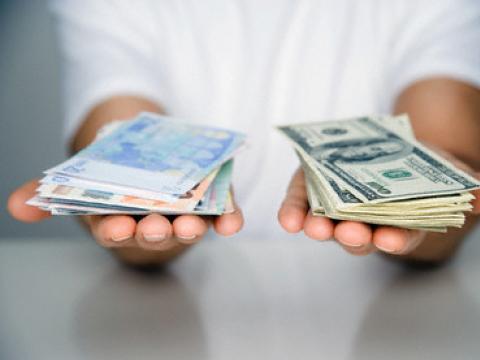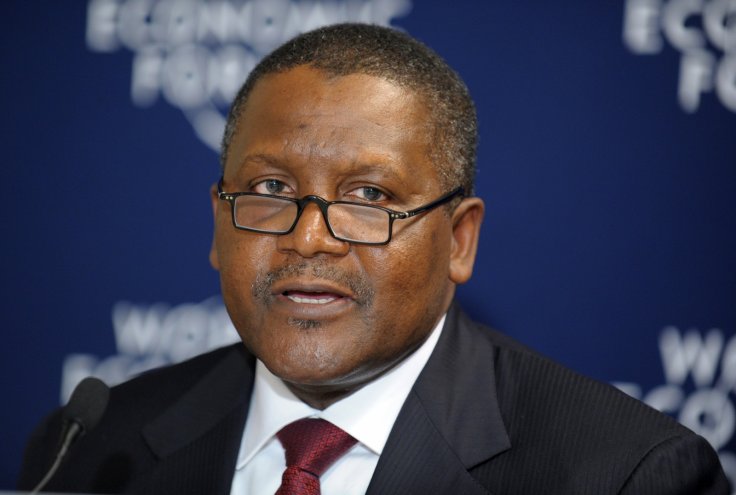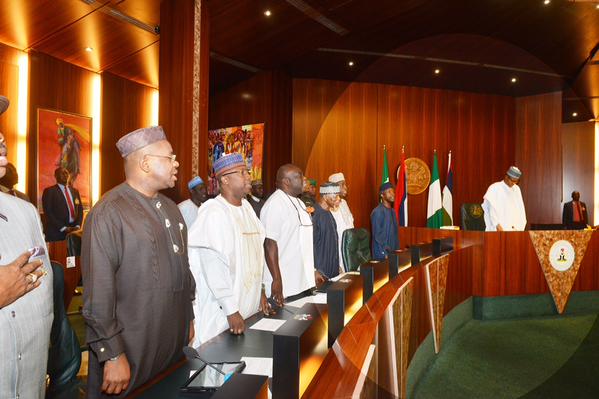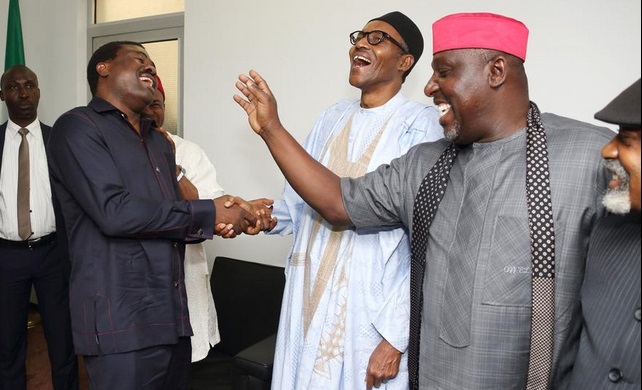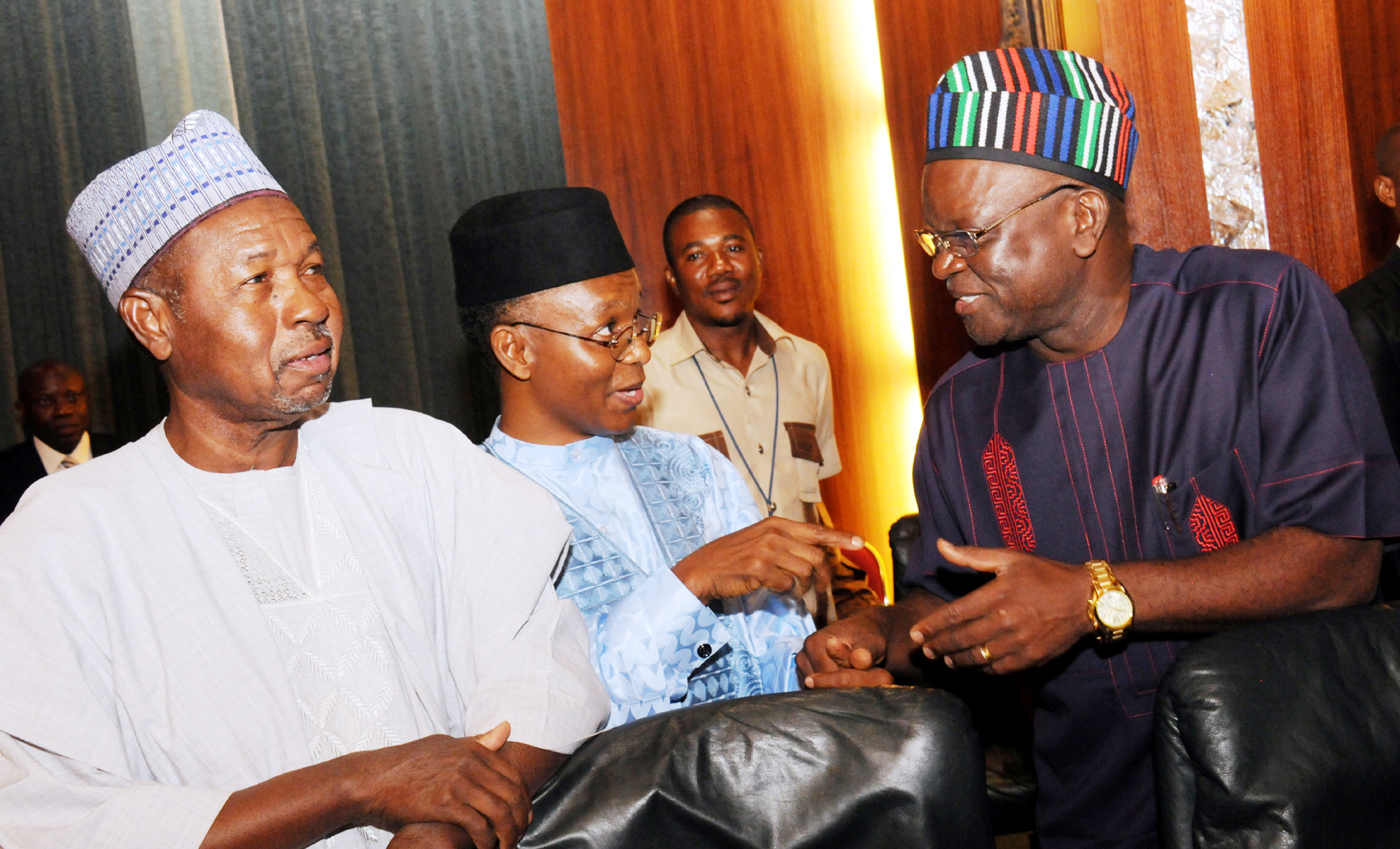Foreign investors, dismayed by Nigeria’s decision to delay devaluation of the naira which they see as long overdue, have begun to shun Nigeria’s bonds and equities market.
Fund managers who spoke with Reuters believe that a devaluation to restore the economy to competitiveness is a matter of time and they are unlikely to bring back cash they pulled out before the election until then.
Kieran Curtis, a bond fund manager at Standard Life Investments, said: “It will take a combination of weaker currency and higher interest rates to get us back to Nigeria. When we compare Nigeria to other oil exporters it hasn’t had enough of a currency adjustment.”
“To me, (central bank measures) are doing more harm than good: you are putting off the inevitable and the reaction you are seeing on rates markets and the NDF shows that,” said Kevin Daly, a fund manager at Aberdeen Asset Management.
Advertisement
Curbing access to dollars may briefly stabilise reserves and constrict imports but pent-up demand for hard currency will eventually weaken the exchange rate and drains central bank coffers.
It may also stoke inflation if importers are forced to pay more for dollars. The naira trades at 230 per dollar in the black market, some 14 percent above the official rate.
Markets have moved sharply in the past week in particular after the Central Bank of Nigeria (CBN) announced curbs on dollar funding for investors, as well as for importers of goods ranging from toothpicks to private jets.
Advertisement
The move, meant to conserve foreign exchange, has dashed widely-held expectations of a naira devaluation – the central reform that investors had been banking on.
Since then, 10-year bond yields have jumped 1 percentage point to almost 15 percent, stocks have fallen and the naira’s value is plunging in the parallel market, down about 7 percent from early-June levels.
The naira fell 20 percent in the year to February. Even so its real exchange rate, against currencies of trade partners and adjusted for inflation, is up than 50 percent in the past decade.
And the price for supporting the naira is high – the central bank has spent at least $3.4 billion since fixing the exchange rate in February and reserves have fallen below $30 billion for the first time since 2005.
Advertisement
With oil revenues down and borrowing costs rising, the 2015 budget is already 3.2 percent smaller than last year’s. By early May, the government had already exhausted half its borrowing allowance for the year.
Ten-year yields at almost 15 percent, 250 basis points above post-election lows, will raise borrowing costs for the government and the private sector.
Antoon de Klerk, portfolio manager at Investec’s African Fixed Income Fund, decried the situation. “Ultimately (devaluation) will become more of a fiscal necessity than an external necessity. The longer they will take to do the adjustment, the bigger the adjustment would have to be,” he said.
Advertisement
Add a comment

